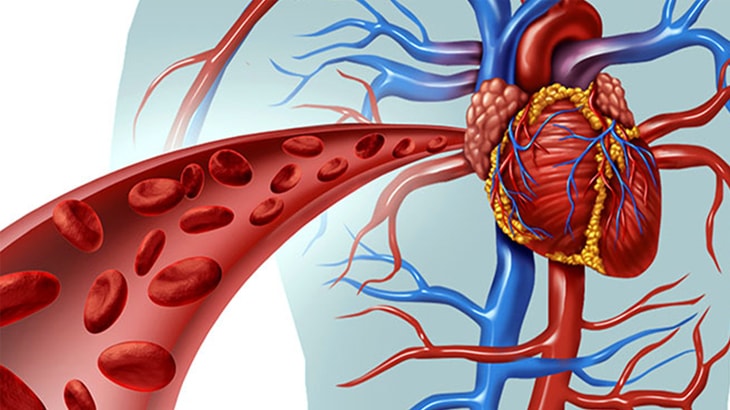
Vascular Surgery is the medical specialty that deals with the diagnosis and management of abnormalities of blood vessels namely the arteries, veins and capillaries, or the lymphatic system, or a combination of both. A vascular surgeon specializes in open surgery and endovascular treatment and can also efficiently manage vascular disorders with non-interventional methods.
Mon – Fri
08.00 AM -8.00 PM
Sat – Sun
09.00 AM -5.00 PM